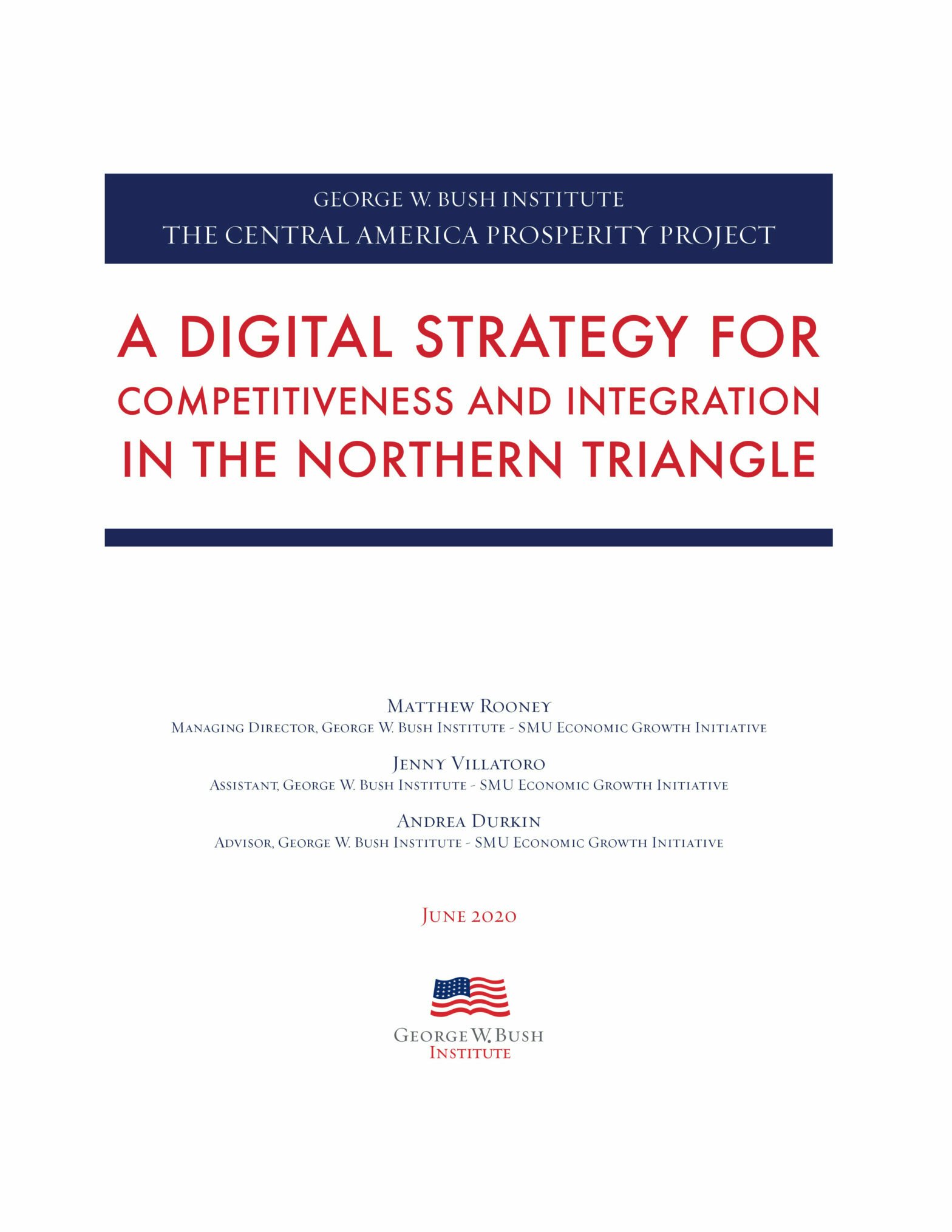This week, the Bush Institute’s Alliance to Reform Education Leadership released two related major studies: research on evaluating principal preparation programs and the Principal Talent Management Framework, a guidebook for school districts to get, support, and keep great principals.
So, why do principals matter?
- Principals may account for up to 25 percent of a school’s impact on student learning. Among school-related factors, principals are second only to classroom teaching when it comes to impact on student learning. In fact, a 2013 Education Next report found that “highly effective principals raise the achievement.”
- A principal’s impact is even greater in high poverty schools. The impact on achievement can be even greater in schools serving disadvantaged students, according to the same article above, which means it’s even more crucial to attract and retain high-quality principals in schools where the need may be greatest.
- Highly effective principals can increase student scores by up to 10 percentile points in just one year. Research strongly suggests that principals are key to improving a school’s performance.
- 91% of teachers say leadership is key to improving student achievement. And effective principals recruit and retain effective teachers. Effective teachers – the most important in-school factor on a child’s educational success – tend to leave under ineffective principals, while poor quality instructors have been shown leave under high-quality school leadership.
While the research is clear on the impact principals can have, more rigorous research and information to guide schools and districts on how to prepare, recruit, support, and retain the most effective school leaders is needed — which is why AREL’s release this week of the evaluation on principal preparation programs and the guidebook for districts is an important step.























